Tide Hotel Chaozhou
The Chaozhou Hotel is a fusion of traditional Chaozhou culture and contemporary trends, with the design team focusing on creating a vacation experience space that combines the two through the optimization of the building’s facade and body structure, by Caaladi.
The Chaozhou Hotel takes the fusion of Chaozhou traditional culture and contemporary trends. These two seemingly unrelated combinations have produced a group of “trend-goers” who dare to take the lead in this land: they are chasing new things, willing to try, echoing the The vitality and dynamism of “Tide” retains the respect that is deeply infiltrated by culture, but is also eager to understand and express. This “tide” represents a way of perceiving the world, building a bridge to the future on a deep contextual basis.
How to build a vacation experience space that combines contemporary trends and traditional Chaoshan culture in such a thousand-year-old ancient city beyond the time trajectory is the core thinking of the design team in this creation, and the story about “tide” and various forms of life , and also slowly unfolds from here.
In order to achieve harmonious coexistence with the native environment, the design team reorganized the functional structure by optimizing the facade and body structure of the building, using shells in marine culture as elements, and introducing a large number of arcs and arches into the facade. In the construction of the surface, combined with the paradigm of arcades in the local culture, the environment and the changing intentions of the trend are fully integrated.
In the traditional old lanes and streets, the light and smooth lines outline the moving silhouettes in the natural habitat, and the phoenix is reborn from the ashes. And this building is even more rejuvenated, and the vitality, coolness and traditional streets form a playful echo. Here, the integration of the environment becomes a discussion focused on the moment, full of the vitality and unique thinking of market life.
At the entrance of the hotel, two box structures are used to nest each other. A natural transition is achieved between the bustling city atmosphere and the quiet interior space, making the entry action full of drama. The giant trendy dolls on the side of the entrance and the mirror surface complement each other, weaving a trendy rhythm of traditional dialogue.
The design opens up and deconstructs the first and second floors of the original building, creating a new void space in the old building shape. The metal top surface with a smooth curve and architectural form presents a trendy and fashionable attitude in space. The fierce hedging of different textures instantly raises the body feeling of the cramped space. It also has a spacious and calm space temperament, which is also reflected in the renovation project. The rich language expression of the fusion of tradition and modernity.
Color shapes our perceptions, like thread on a fine needle, and subtle changes are enough to drive our emotions and stitch our subtle feelings together. This refinement is gradually disappearing from our modern life. Chaozhou culture is known for its “fineness”. What the design team wanted to convey is to amplify people’s perception through this fineness and reawaken the ripples in memory.
The timeless art of inlaying porcelain is an immortal symbol of the prosperity of Chaozhou people from generation to generation. The design team traces its origins, and has always been in awe of the inheritance and development of culture. Using contemporary techniques to create and reorganize, bring the unique beauty of inlaid porcelain art into modern space. As an important cultural landscape of the Tide Hotel, it allows more people to have a port to understand the art of inlaid porcelain, in order to open up the link between traditional craftsmanship and modern space, so that the inheritance of cultural genes can be traced.
Design: Caaladi (The Design Institute of Landscape & Architecture at the China Academy of Art)
Design Team: Wu Yanming, Zheng Xiaoxiong, Lin Congxing, Wang Qianxin, Yu Chengxiang, Liu Sunqing, Shen Xiaozhe
Photography: Hanmo Vision

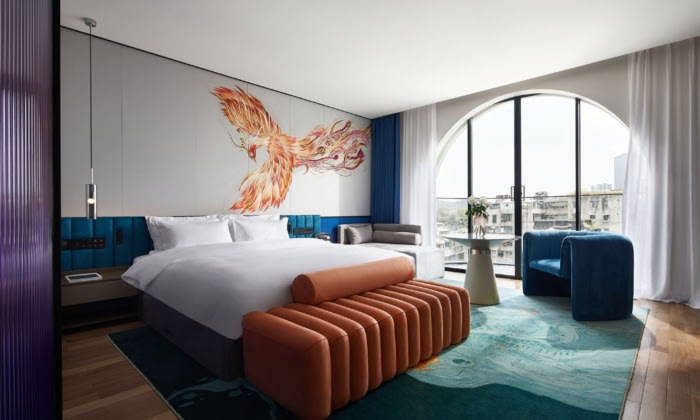
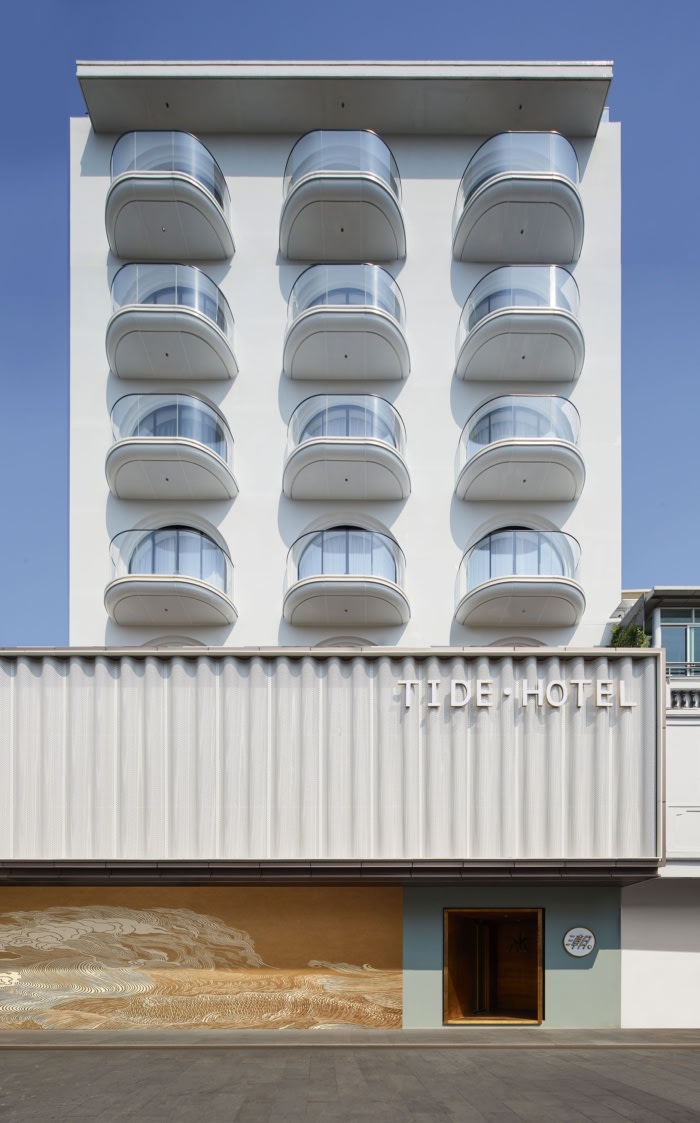
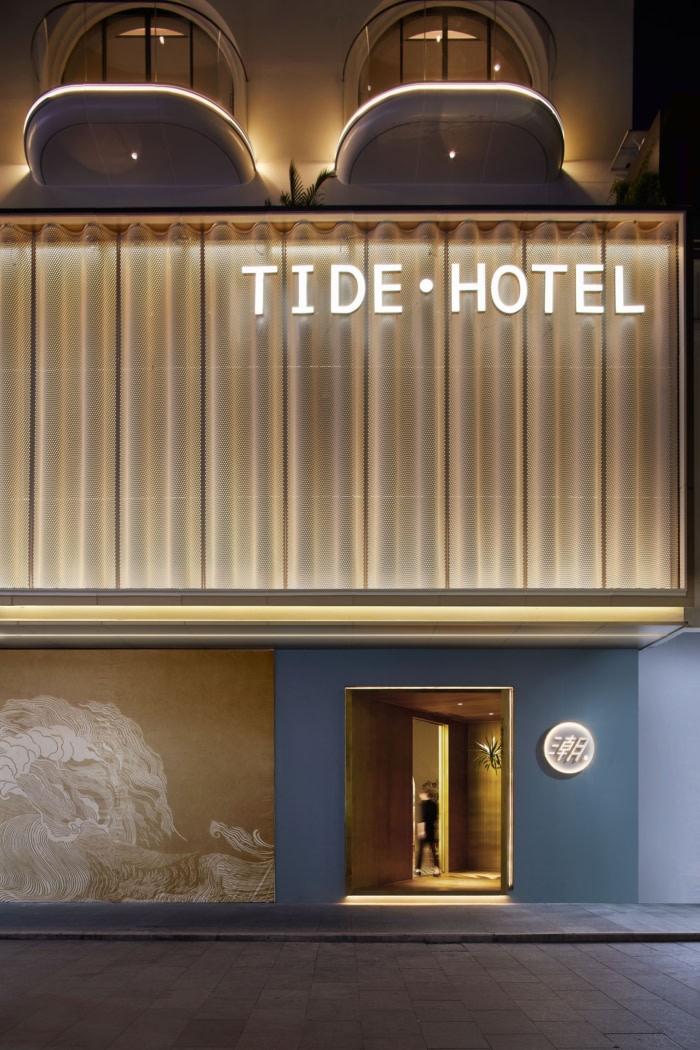
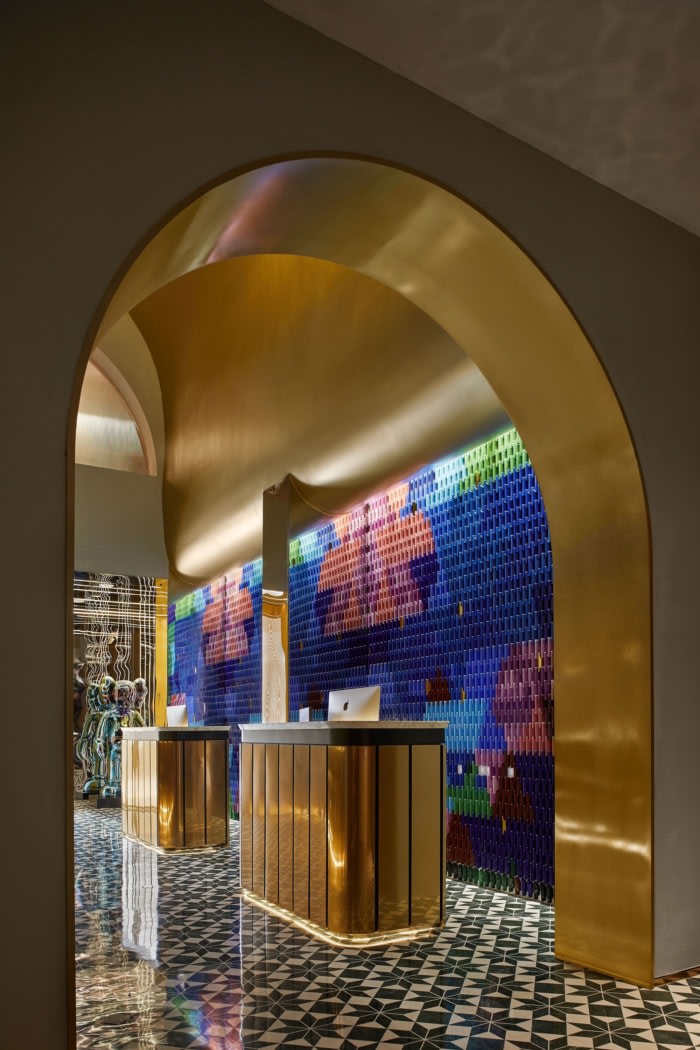
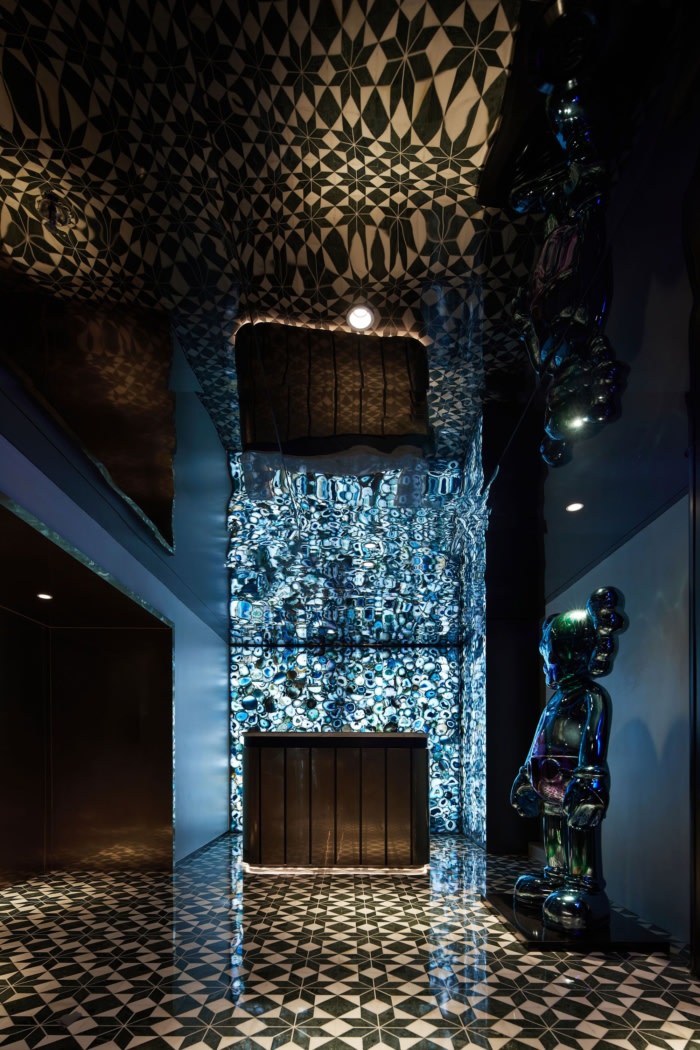
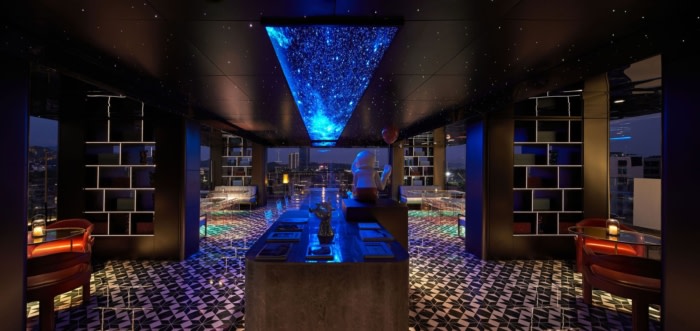
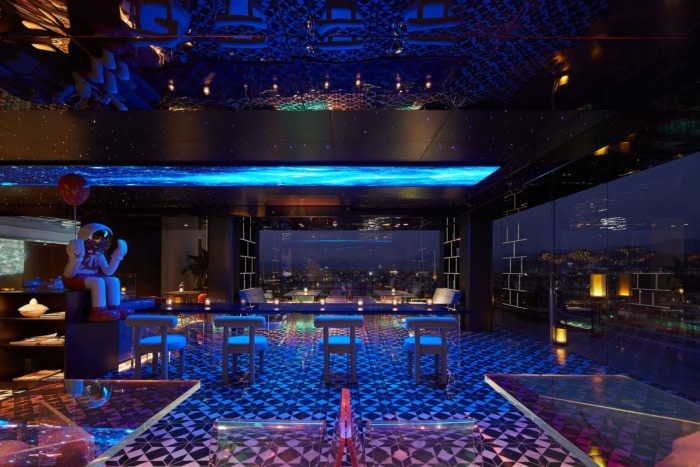
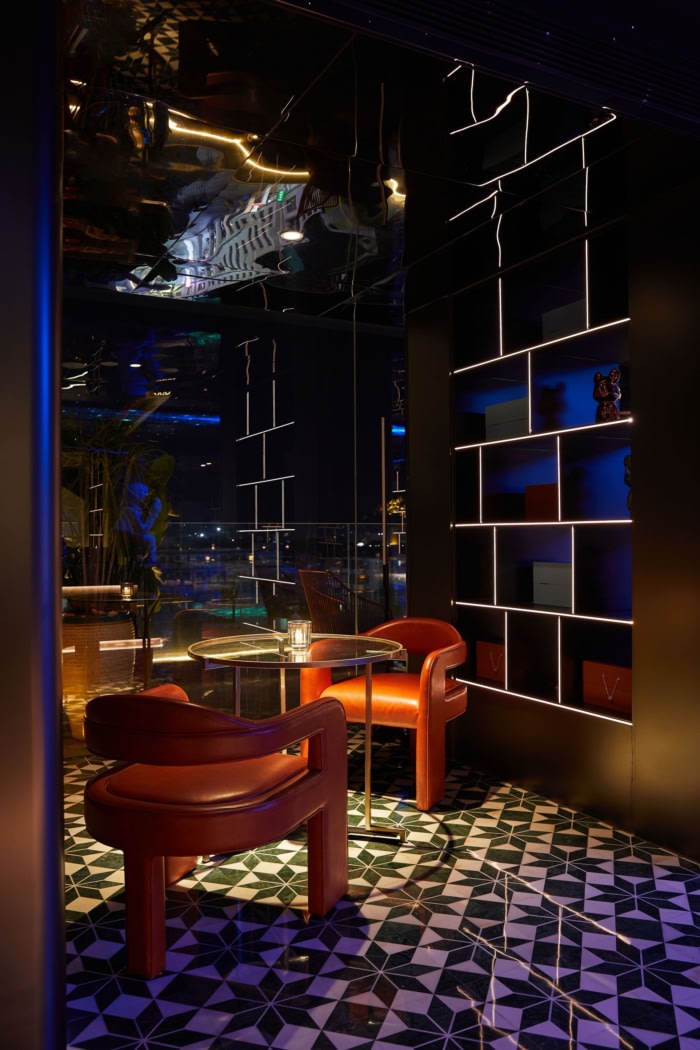


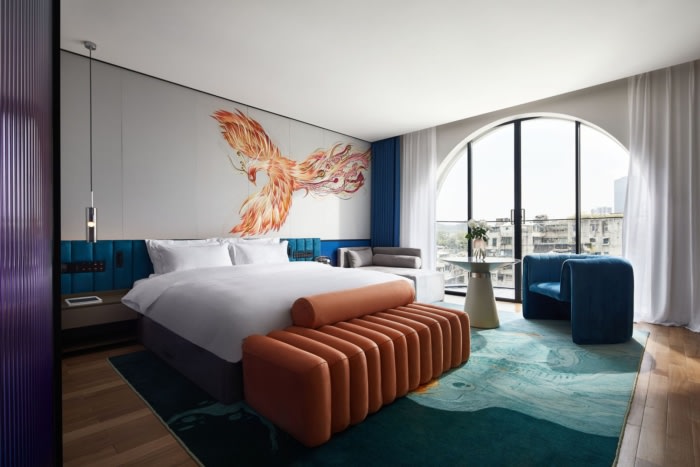
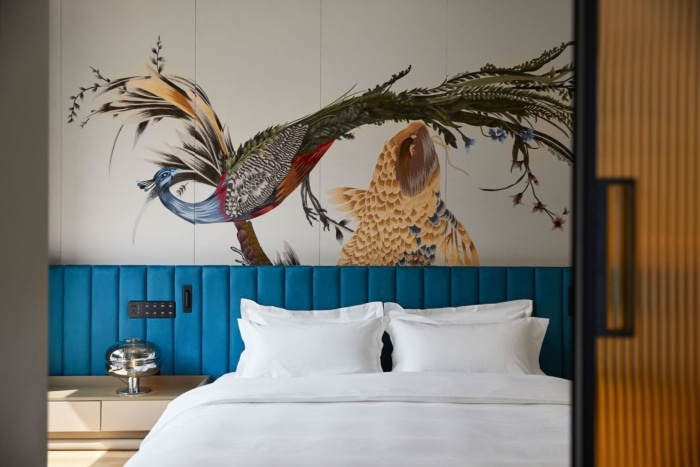
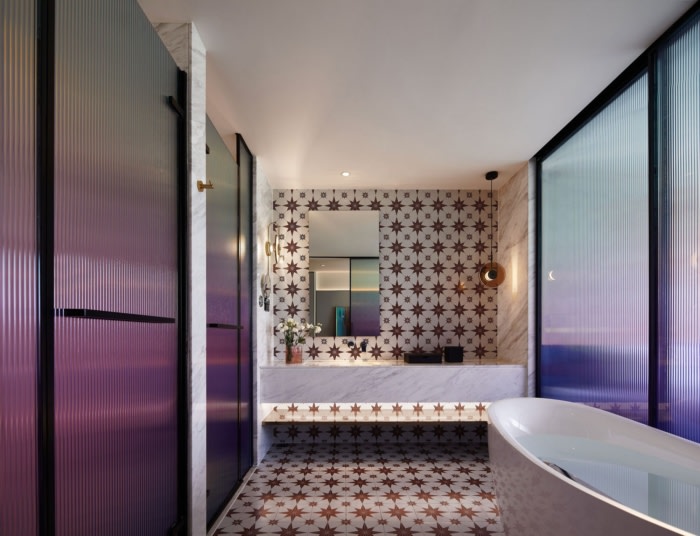






Now editing content for LinkedIn.